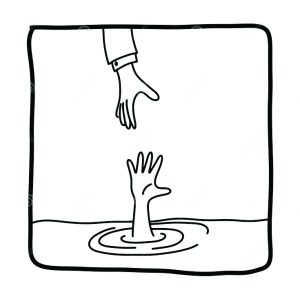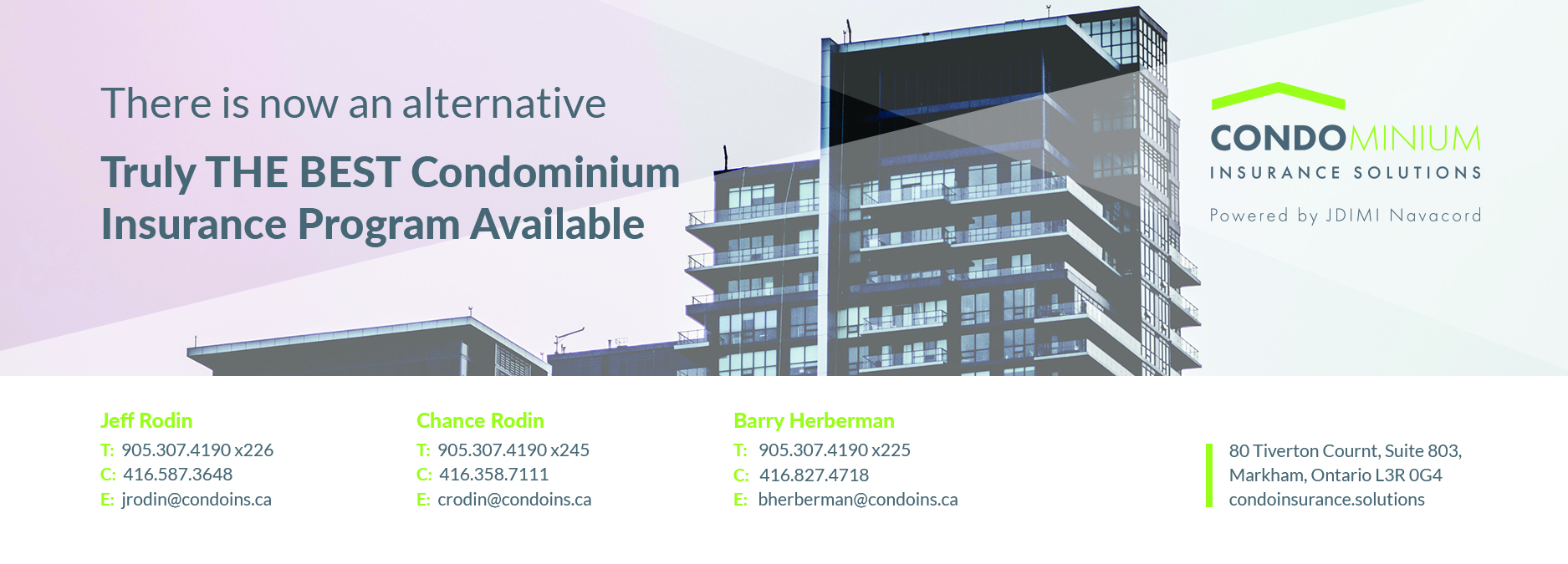 March 2023
March 2023
We’ve heard the stories about higher insurance premiums and deductibles, and the inability of some communities to obtain insurance at any cost.
While this may be a crisis, it should not be unexpected by those most affected. Get ahead of this by understanding and fixing the problem.
The Problem
While insurance companies continue to insure high-rise condominium buildings, increasingly they feel this is a riskier part of their business and want to reduce exposure to the higher losses that can occur. They are being more selective in which buildings and units they insure. There is greater scrutiny of factors which increase risk such as building age, plumbing, piping and wiring. Local geographical conditions can play a role.
Some insurance companies have chosen to no longer insure condominium buildings, being of the opinion this is a market segment no longer profitable. Those remaining in the marketplace are raising deductibles and premiums, sometimes dramatically, to address this higher risk.
Condominium corporations, which are required to maintain insurance, are challenged to pay these higher premiums and deductibles while avoiding higher condo fees.
Understanding Risk
Insurance companies view risk as more frequent claims for higher amounts. There is no dispute that risk in high-rise communities has been increasing for reasons that include:
- Frequency of severe weather events that include heavy precipitation, heavy winds and extreme temperatures
- Poorer quality newer buildings
- Aging infrastructure in older buildings
- Aging public infrastructure, such as water mains, below buildings
- Poor quality renovations and repairs
Water is the most frequent cause of building problems and insurance claims. Damage caused by overflowing bathtubs, leaking pipes and water infiltrations from outside, and occurring with greater frequency, are preventable through education, preventative maintenance and water detection systems.
Insurance companies and underwriters look at all of this when assessing risk they accept when insuring your building. This is reflected in premiums and deductibles.
Reducing Risk
Risk can be reduced through the actions of building management and residents.
Residents can be required to better manage their personal risk. A standard unit bylaw can remove unit upgrades from building coverage. An insurance deductible bylaw can make the unit owner responsible for the lesser of the cost of repair and deductible. Residents obtaining more coverage through their personal policies are incentivized to better manage their personal risk.
Communities can avoid over-insuring by obtaining a replacement cost appraisal rather than relying on estimated inflationary valuation increases.
Have a written plan for emergencies that include both fire and water to reduce their impact. Document who is accountable for dealing with problems, how they are to be handled, and what measures are implemented to reduce problems and costs.
Be strategic in filing insurance claims. Unless damage is double to triple your deductible, it may not make financial sense to submit an insurance claim.
When damage is identified but not repaired, and preventative maintenance avoided, problems worsen. That unrepaired leaky roof or leaking dishwasher causes more internal damage that must also be repaired. Failure to deal with repair and maintenance eventually become more and higher insurance claims.
Be proactive. Condominium corporations have the right to enter and inspect units to undertake a building-wide plumbing and safety audit to prevent water problems, fires and other dangers. Consider having a plumber visit each suite to identify and repair small leaks, and to note the age of appliances. Have someone check and clean vents, ducts and chiller systems. Any time a suite is inspected or having work done make sure problems or concerns are documented by suggesting appropriate in-suite upgrades and repairs for owners to address. Those failing to address documented repair items may become responsible for damage to other suites or common areas caused by their failure to address known concerns.
 Communities have control over insurance premiums and deductibles. Reducing the frequency of insurance claims and extent of damage will eventually lead to reduced insurance premiums and deductibles.
Communities have control over insurance premiums and deductibles. Reducing the frequency of insurance claims and extent of damage will eventually lead to reduced insurance premiums and deductibles.








